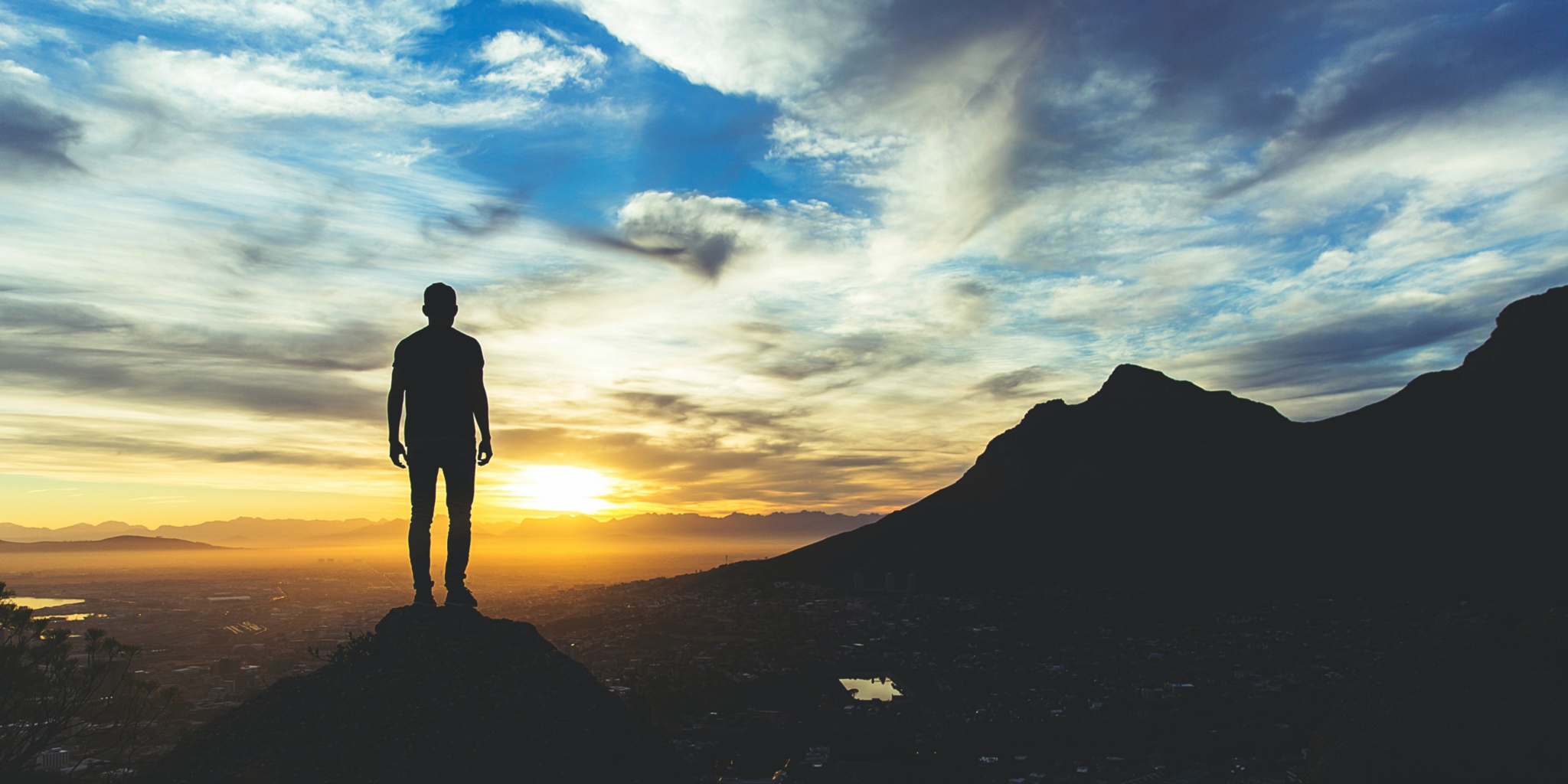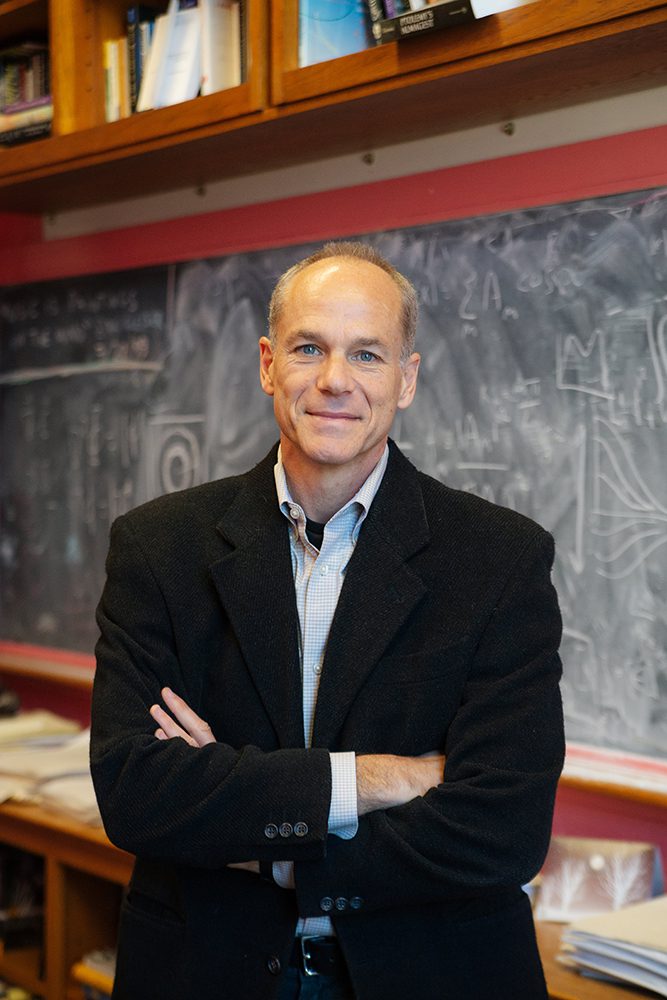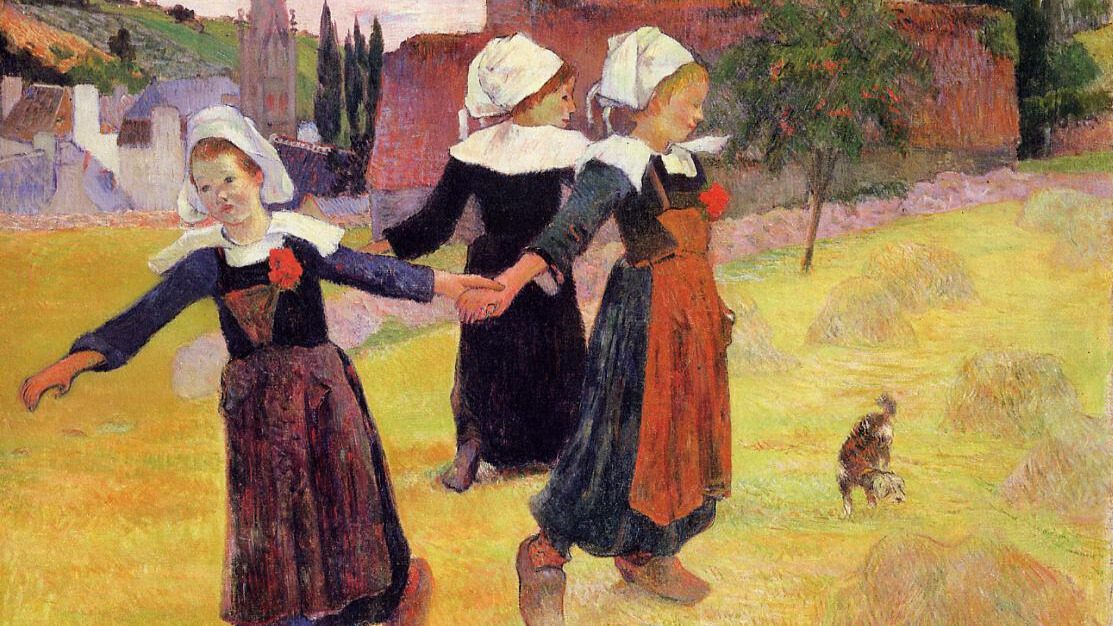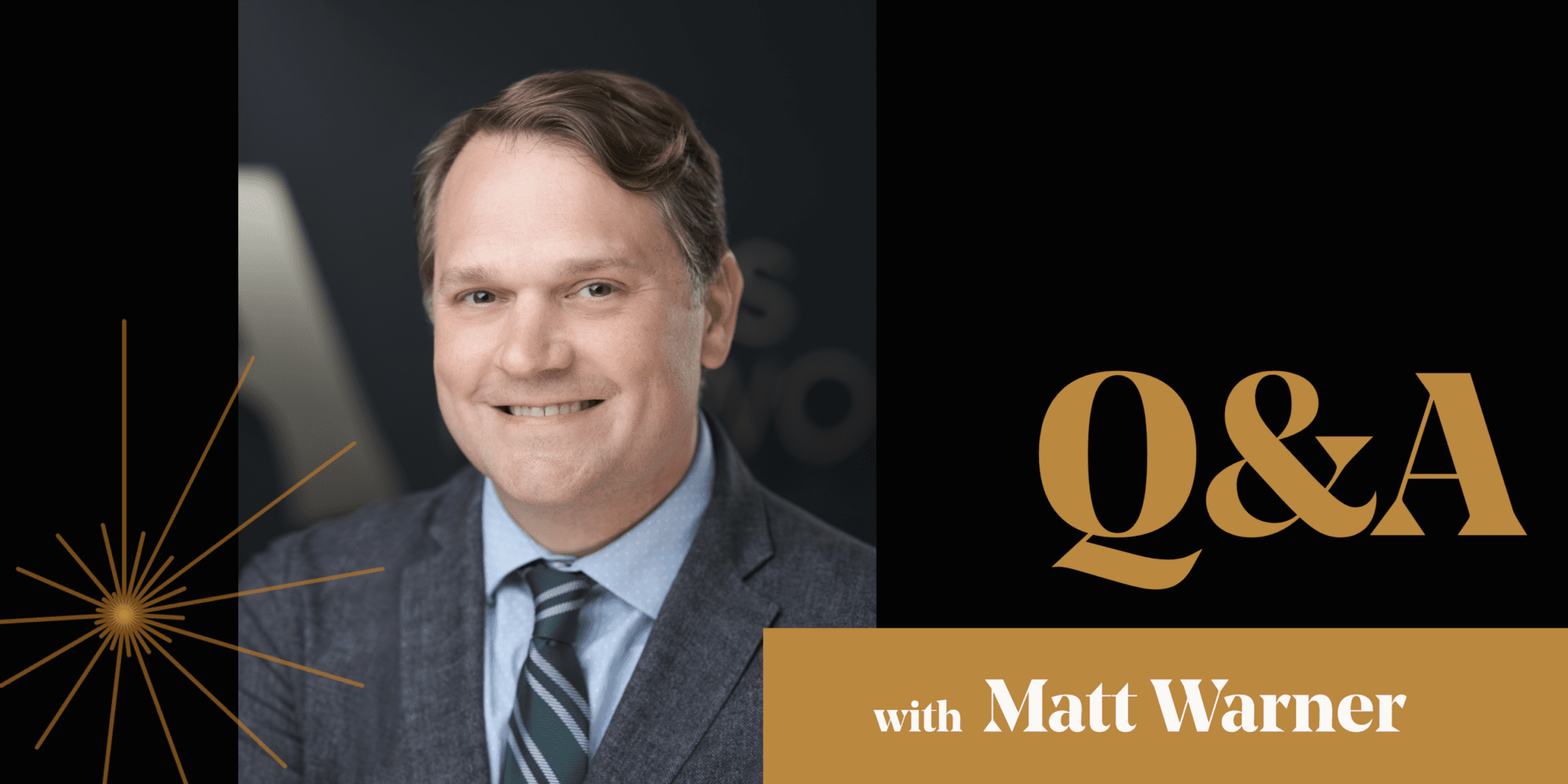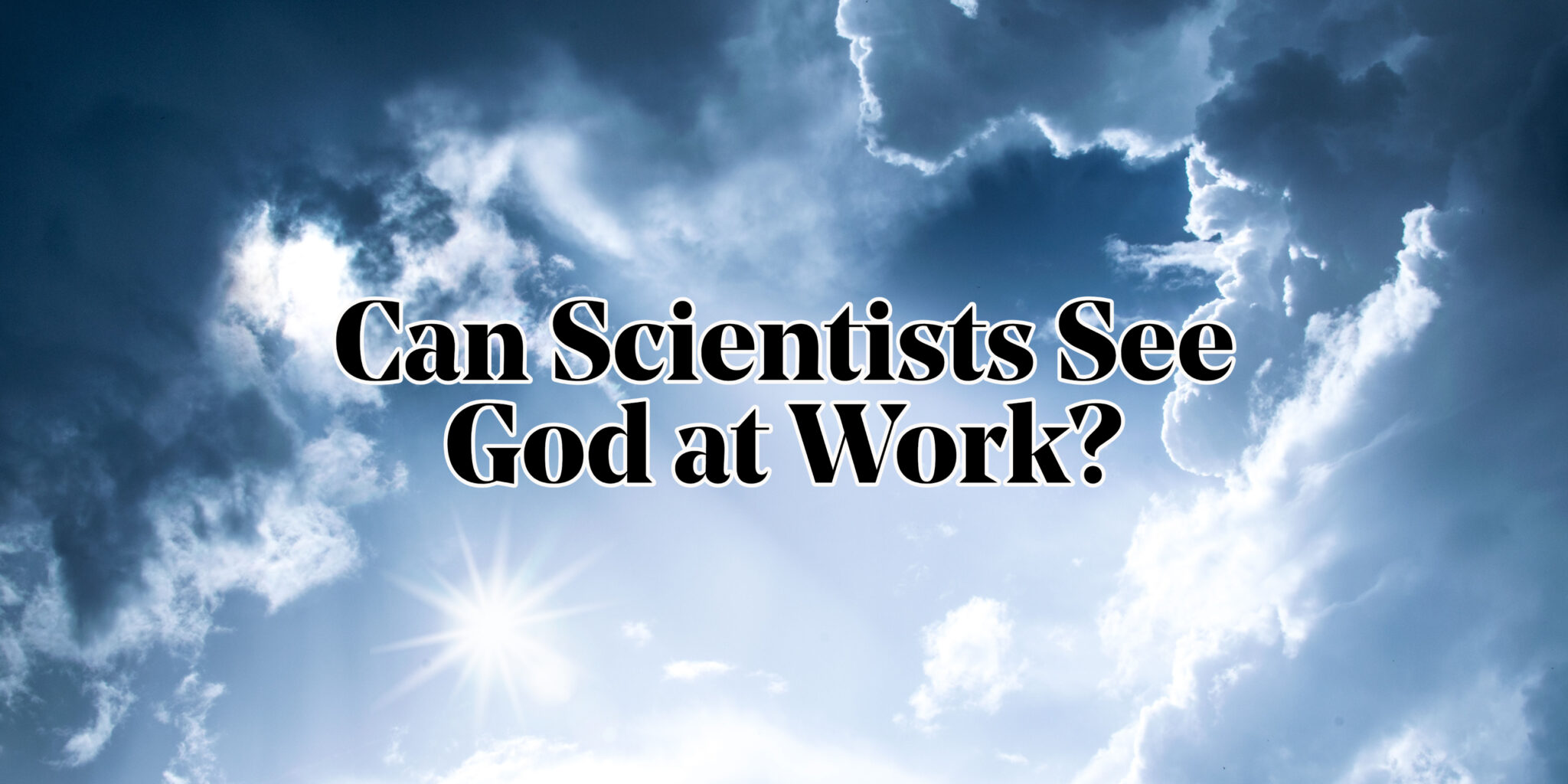Marcelo Gleiser is a theoretical physicist, cosmologist, and winner of the 2019 Templeton Prize. His new book, The Dawn of a Mindful Universe: A Manifesto for Humanity’s Future is available now. This conversation has been lightly edited for length.
Burnett: What specific problem is your book responding to?
Gleiser: The book focuses on our collective future, or, as I call it, the future of our project of civilization. Our species, the human tribe, is at a crossroads and we need to redirect the way we relate to our planet if we are to thrive in the decades ahead. The mindset that has served us well for the past 200 years, the mindless use of natural resources to support economic growth, needs to be revised. Clearly, fear tactics of our impending doom are not working. The question, then, is what will work to promote this change.
I argue for a profound rethinking of who we are as planetary beings capable of self-awareness. This rethinking starts by retelling the story of who we are in this vast cosmos and why we matter in a central and vital way. To do this we must go beyond the narrative that we are of no importance in the grand scheme of things, that our planet is just a rock floating in space. Quite the contrary, I argue for our fundamental role as cosmic minds, the storytellers that give meaning to the Universe. And this is only possible due to the preciousness of our planet, a rare oasis for life in a forbidding cosmos. Celebrating Indigenous traditions and wisdom, I argue for the re-sacralization of our world, that any world that hosts life is a sacred world.
Why have you, as a theoretical physicist, taken on this challenge?
I wrote this book with a sense of urgency, concerned with our future and with the widespread disregard for our beautiful planet and its limited resources. I firmly believe that no living human should ever take this world for granted or believe that we are above Nature and not part of it. So, I combine science and philosophy into the book to advocate for our planet, using cutting-edge ideas from astrobiology (the study of life in the Universe). We need a new story of who we are, and I try to bring forward its basic elements.
You propose that humans can unite under a principle of biocentrism, that sees human existence as inextricably bound with our whole planet. How do you respond to someone who says, “That’s fine for you, Marcelo, but I’m just not that outdoorsy. I don’t feel a connection with nature. I don’t even like sweating.”
Thinking about the planet and our collective future doesn’t necessary mean you need to become a hiker or a lover of the outdoors. That would be wonderful, of course, since being outdoors is good for body and mind (and spirit). Even a stroll in a city park is beneficial. But the point I’m trying to make is much more basic and essential: a sick planet cannot support healthy living creatures. This indoor-loving person still needs to breathe, to drink clean water, to eat nourishing foods. In fact, it is an illusion to think that we can disconnect form Nature and carry on as if we don’t need it.
I think the pandemic and the recent natural disasters are a clear illustration of how fragile we all are. Everything we do depends on our connection to the environment around us. This concept of belonging to the biosphere is essential for our survival. You can try to forget Nature, but rest assure that Nature will remind you very quickly how connected you are. So, the concept of biocentrism places life at the center stage of the cosmos, the ultimate achievement of our expanding Universe. And given that we are the ones that are aware of this, we have the moral imperative of protecting this sacred world of ours.
How do we overcome the Tragedy of the Commons?
That’s a great question. The Tragedy of the Commons assumes from the start that humans are selfish, that we cannot work together for the common good. This negative view of humanity stems from the old narrative that we are by nature evil creatures unable to cooperate with each other, that personal gain is all that matters. Again, the pandemic should have taught us how we depend on each other and on natural resources for survival, that society survives on a fragile equilibrium nurtured by an ancient sense of belonging to the human tribe, that we are in this together.
Under biocentrism the human-is-evil mindset is turned upside down. It calls for a celebration of life at the planetary scale. An attitude of generous cooperation is essential if we are to thrive in the decades ahead. Our collective mindset must change from one of owning to one of belonging, from tribal exclusion and rejection to one of inclusion and acceptance. This is the age of the human hive, where we all recognize our mutual co-dependence, that everyone has a role to play, in society and as a member of the life collective.
To adopt a biocentric worldview, what must we give up? And what do we gain?
We gain a healthier future, a balanced world where resources are shared equitably and responsible growth is promoted. We gain clean air and water. We gain a higher moral ground where life and the planet are protected and celebrated, and we flourish as a species. We gain a new understanding of who we are as a species, anchored in the history of the cosmos itself. We gain a new sense of purpose as we find strength on each other, love more, and fear less.
We must give up the old view that we can do anything we want, that our individual and professional actions have no consequences to those around us or beyond, to the world as a whole. We learn to live with less: less things, less meat, less energy, less water. We make small personal sacrifices to achieve these goals, choices that we know will reflect positively on those around us. We give up on buying products from corporations that do not align ethically to biocentric values. But the balance, even short term, is immensely positive to us as individuals, as members of different communities, and as members of the life collective on this planet.
If we adopt a worldview more akin to our indigenous ancestors, what would prevent us from suffering the same fate as them, predated upon by exploiters?
That would be a tragic confirmation of our inability to change. Fortunately, we see change already happening, a growing sense of awareness of our joint collective fate, that we need to rethink who we are in order to move forward. I have enormous faith in the new generations, those under 35 or so, who see the world in very different ways than older generations do. There is a growing sense that our ways must change, that our current course is unsustainable. This being the case, change is needed, and this change must start within each one of us. Maybe, as the physicist Max Planck once said, it’s not that people change their minds, it’s that they die and the young think differently. The biocentric mindset is no naïve pledge for embracing a new worldview; it reflects a visceral need for change, a rethinking of who we are and of what our place is on this planet. Exploiters will always be there. But they will be booed off stage as examples of an old mindset that needs to become part of our past history.
In your book you say we need to awaken to an age of secular spirituality. What do you mean by that?
Secular spirituality seems paradoxical. After all, isn’t spirituality based on supernatural beliefs? Well, not necessarily. In my view, to be spiritual doesn’t not require allegiance to organized religion or to a belief in supernatural forces or beings. We are not talking here about immortal souls. We are talking about a profound reverence for the natural world, inspired by a deep sense of belonging. Secular spirituality embraces our existence as part of the cosmic history and celebrates life as sacred. It springs from a deep sense of joy, eliciting awe and wonder at the mystery of existence, ours included. It recognizes the connection between all things, living and nonliving, that everything that exists is part of a chain of events that started with the Big Bang 13.8 billion years ago. At least in my version of secular spirituality, Nature is our temple, and being in Nature an act of worship. We can even think of the world religion as “re-ligare,” from the Latin for reconnect. We reconnect to the Universe we came from and to the planet that supports our lives and makes them possible.
What are some specific communities of people right now who you really admire and think they are on the right track?
There are countless groups of people, NGOs and secular spiritualists, Indigenous tribes, public intellectuals, social and environmental activists, people of faith, and Nature lovers of all kinds that are already spreading the biocentric message. Coming from Brazil, I am very impressed by some of the grassroots movements starting there, like Flecha Selvagem, Iris para o Bem Viver, and the works of the Indigenous leader Ailton Krenak. In the US, there are many groups as well, of course, foundations such as Synergos and the work of Navajo Nation’s Dr. Len Necefer and his Natives Outdoors project. The point is that is a sense of awakening spreading out, and that makes me very optimistic about the future. We’ve had enough dystopic narratives about what will happen. It’s time to start constructing the narrative of the new human, one not based on fear and greed, but based on humility and mutual respect.
What gives you hope that humans are going to pull through our environmental crisis?
As I mentioned above, I have great faith on the new generations, since they are the ones that will have to live in this world for the next many decades. We are not going anywhere for a very very long time; our world is here, and we must take action if we are to survive collectively. This book is my humble contribution to building this new mindset. My hope is that if we rethink our role as a species, we will evolve from a predatory to a collaborative relationship to the planet and to the life collective. Maybe this is the next big jump in our evolutionary history, moving beyond our destructive past to become a force for good on this planet, embracing a symbiotic interaction with the biosphere.
What’s next for you on your own personal journey?
I will always continue my scientific research work and my writing, as they are so much part of my identity. But with this book I am transitioning into a new phase in my professional life, where I am engaging more and more with different groups, from the corporative world to activists, to help enact the change we want to see happening. My next big project is the creation of a think tank, a retreat for human flourishing in the hills of Tuscany, housed in a 15th-century church. We call it The Island of Knowledge. I am very excited to see where this will take us. Life is about reinventing ourselves.
